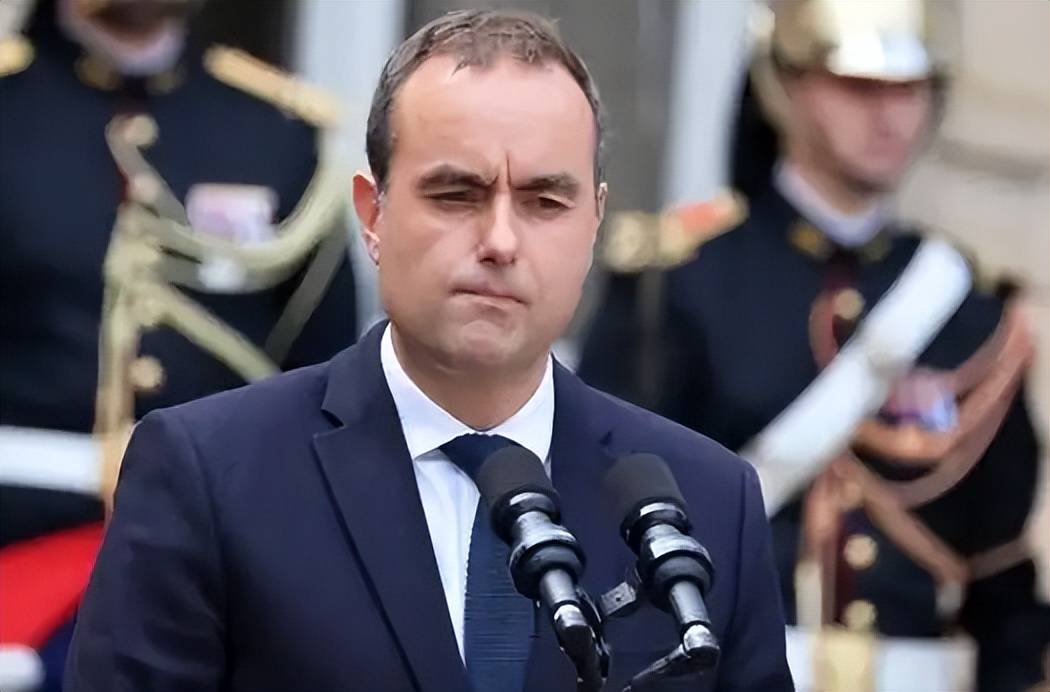
On October 6th, French Prime Minister Jean-Pierre Le Corney entered the Elysee Palace and submitted his resignation to President Emmanuel Macron. It was only 27 days since his appointment on September 9th, and less than 24 hours before the new cabinet list was announced. This fifth prime minister in Macron's second term, with the record of "27 days in office and 14 hours of government existence", became the shortest-serving prime minister of the Fifth Republic. He admitted that "he was unable to perform the duties of prime minister because the conditions were not met."
Le Corney's "sudden resignation" is not an isolated incident but a microcosm of the ongoing political deadlock in France. Since the parliamentary re-election last year, the left, the center and the far right have been in a tripartite confrontation. Macron's camp has lost its absolute majority and the ruling coalition has frequently faced constraints. The list of the new government announced on October 5th caused a huge stir. Most ministers remained in their positions, which was regarded as a provocation to the opposition. In particular, the Republican Party chairperson and Interior Minister, Le Taeyo, publicly accused Macron of "breaking his promise" and hinted at leaving the government, bringing the formation of the cabinet to the brink of collapse.
Le Corni spent nearly four weeks forming a cabinet, far exceeding the usual one week for previous prime ministers. This "delay" reflects the reality that the parliament is divided and each faction finds it difficult to compromise. Although the French president holds extensive power, in the face of a floating parliament, appointing any prime minister could trigger a vote of no confidence. Le Corney's resignation essentially reveals the "power trap" of the prime minister's position in the current situation - being accountable to the president but subject to the parliament.
The President of France can appoint and remove the prime minister and dissolve the parliament. However, once the parliament is divided into three parts, the president's authority is weakened. Macron neither dares to dissolve the parliament easily - a re-election might allow the far left and the far right to grow stronger, nor can he ensure the stable operation of the minority government. Le Corney's failure indicates that whoever becomes prime minister will be caught in a pincer attack from both sides of the parliament.
At present, the opposition is rubbing their hands in anticipation. The leader of the far-left "Unyielding France", Melenchon, has pushed for a motion to impeach Macron. The presidential palace said that Macron has instructed Le Corni to conduct "final negotiations" in an attempt to reach a cross-party consensus within two days to prevent the crisis from getting out of control. However, in an extremely divided political environment, the prospects for such a "consensus government" are extremely dim.
The political storm rapidly spread to the financial market. On October 6th, the yield on France's 10-year government bonds soared by 9 basis points to 3.6% during trading, rarely surpassing that of Italy and both being the highest in the Eurozone. The Paris CAC40 index plunged 2% at the opening, with bank stocks leading the decline. Societe Generale dropped by more than 4% and BNP Paribas fell by over 3%.
The root cause of investors' concerns lies in the high debt risk in France. As of September, France's public debt reached 3.4 trillion euros, with a deficit rate exceeding 5.4%, ranking first in the European Union. In September, rating agency Fitch downgraded France's sovereign credit rating to "A+", becoming the first major agency to remove France from the "double A" camp. The combination of fiscal pressure and political instability has cast doubt on France's status as a "safe asset" in the Eurozone.
The unrest in France not only affected the country itself but also shook the entire Eurozone. The German economy is slowing down, Italy's finances are tight, and European investors' confidence is already fragile. Now, it is being compounded by political risks in France. If Paris loses stability, the core structure of the Eurozone may be shaken.
More broadly speaking, the frequent changes of the French government have weakened the strategic action ability of the European Union. As a major driver of European integration, Macron is now Mired in domestic political quagmire and finds it difficult to play a leading role on key issues such as the Russia-Ukraine conflict, energy security and the fiscal integration of the European Union.
Facing the deadlock, Macron has two options: one is to dissolve the parliament and hold a new election, but the risk is extremely high; The second is to continue the cycle of "appointing a new prime minister - forming a cabinet - falling from power". Le Corney's resignation indicates that the second path is equally difficult to maintain stability. Macron can only seek a fragile framework of cooperation among parties to temporarily stabilize the situation.
The "27-day government crisis" in France not only exposed the limitations of the presidential system but also reflected the structural predicament of democratic governance in Europe. If Paris fails to restore political order, the next trust crisis in the eurozone may come earlier.

The United States announced on Monday its commitment to provide 1.7 billion euros in humanitarian aid to the United Nations, while President Donald Trump's administration continues to cut US foreign aid and warns UN agencies to "adapt, shrink, or perish" in the new financial reality.
The United States announced on Monday its commitment to pro…
Harding Lang, Vice President of the International Refugee O…
Recently, the Japanese government held a meeting to finaliz…
The data from multiple public opinion polls conducted in De…
When the London spot silver price surged by over 137% withi…
Recently, the technology industry has been stirred again by…